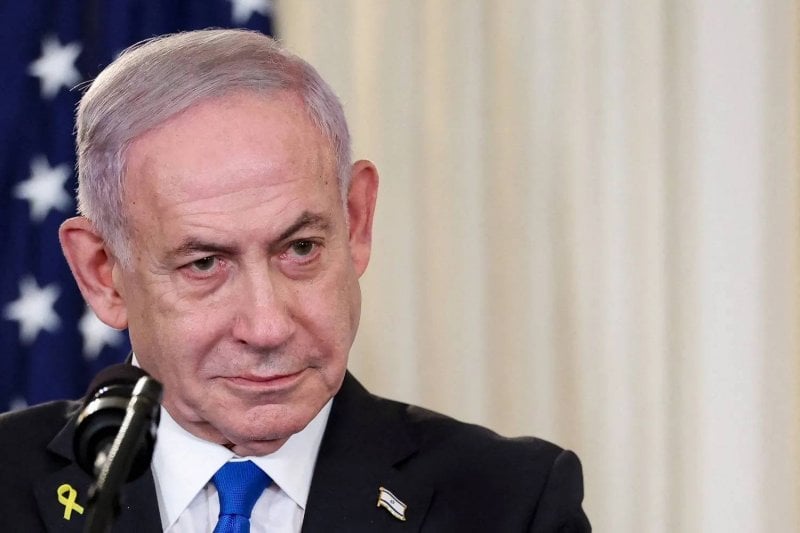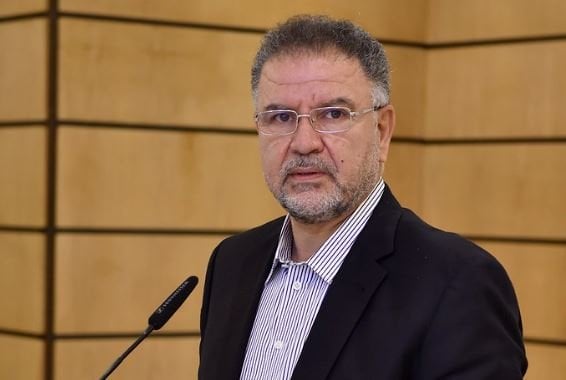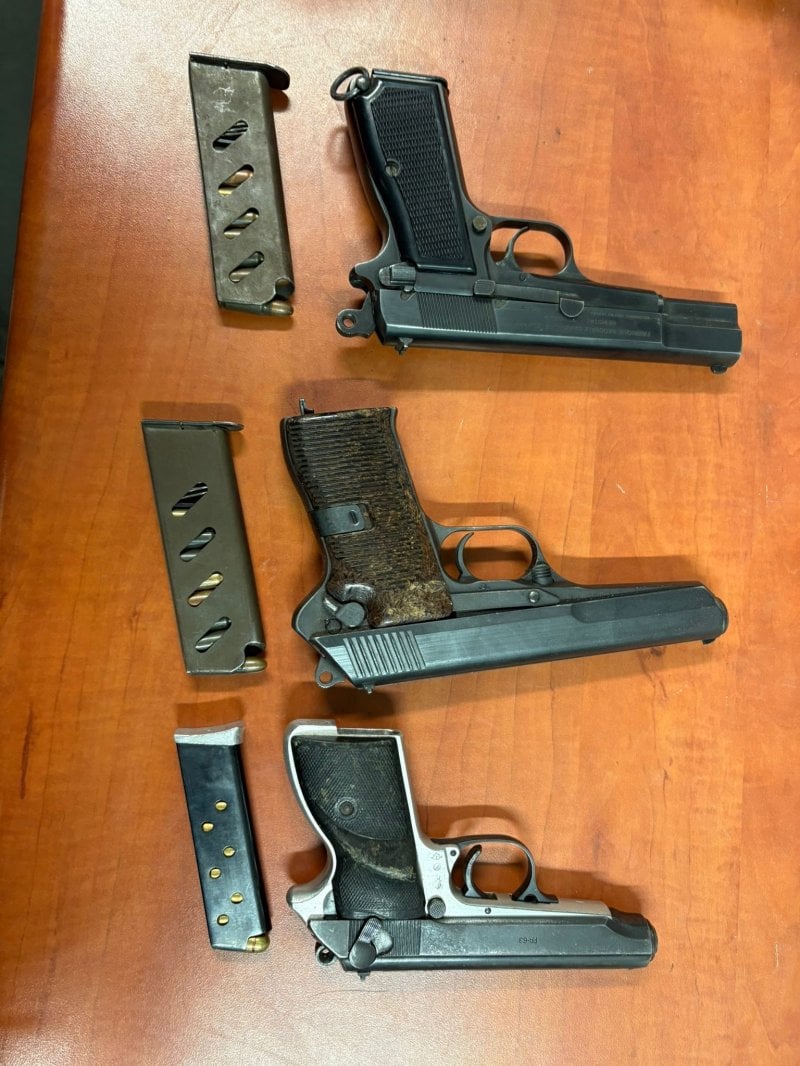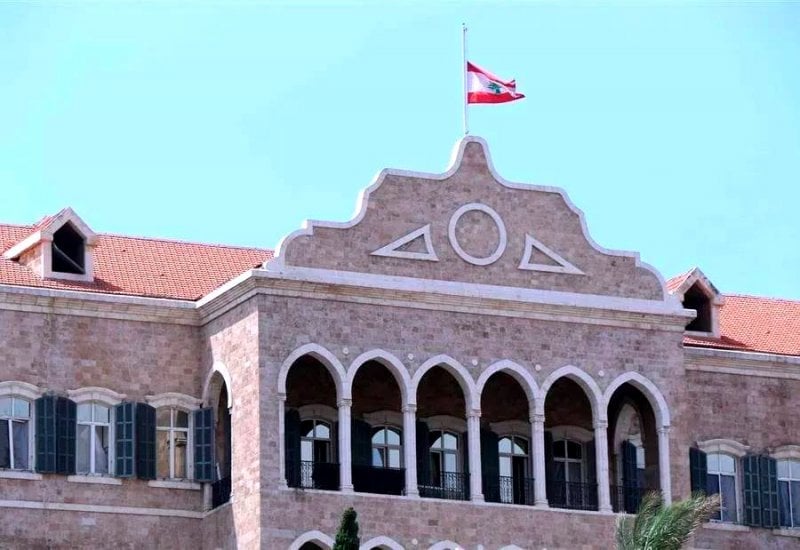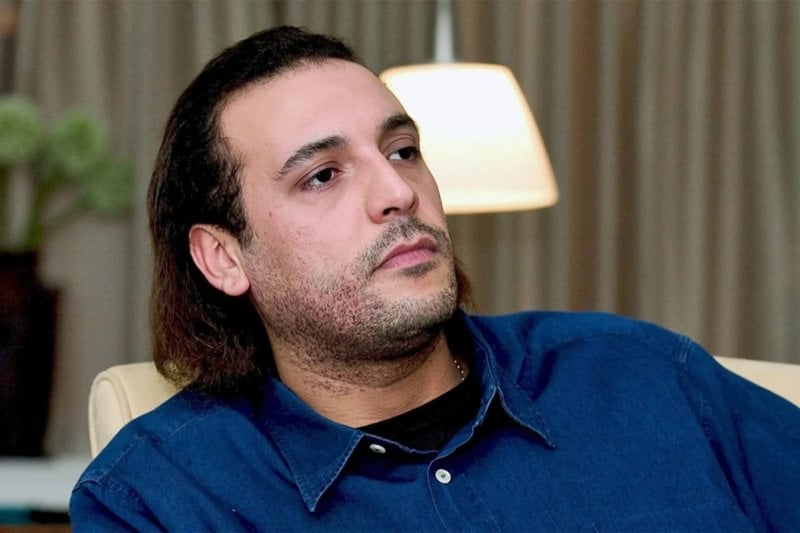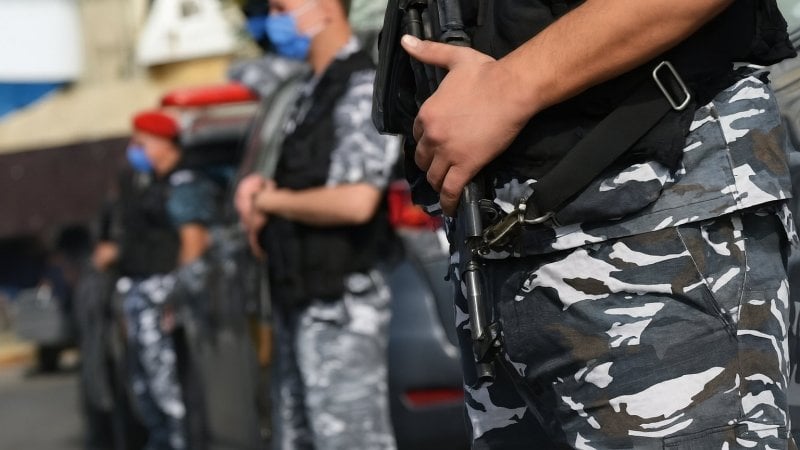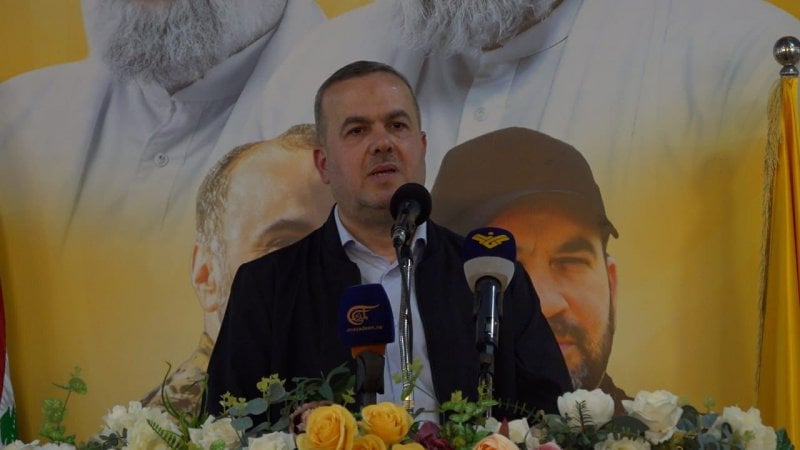
Representative in the Loyalty to the Resistance Bloc, Hassan Fadlallah, delivered a speech during the honoring ceremony organized by Hezbollah for the martyrs of the town of Kafr Sir, in the presence of activists and families of the martyrs, stressing that “the martyrs left a heavy legacy and a great responsibility for those who remained.”
Fadlallah said that the Israeli enemy in the last war “was aiming to occupy southern villages and towns, and was seeking at least to occupy what is beyond the Litani River, expel the people, control the land, and perhaps turn it into settlement areas later,” but “the steadfastness of the resistance fighters who faced the most powerful armies on the border with steadfastness and a martyrdom spirit overthrew the goals of the invasion and prevented the occupation of the south.”
He added that “the presence of the resistance is what prevents the enemy to this day from occupying the land,” considering that “had it not been for the resistance, the enemy would have done in Lebanon as it is doing now in Syria or as it seeks to annex the West Bank in Palestine.” He stressed that “those who steadfastly and fought in Gaza and Lebanon prevented the occupation despite the pain and sacrifices, and that the goals of the aggression fell.”
Fadlallah pointed out that “war is a debate, one day for us and one day against us,” calling for “adhering to the commandments of the leaders and martyrs because the will of the resistance has not been broken.” He pointed out that the phase that followed the ceasefire differed from 2006 in terms of the nature of the confrontation, the balance of power, and regional developments, stressing that “the resistance adhered to what the government agreed to, despite reservations, because each phase has its own circumstances.”
Fadlallah considered that the ongoing Israeli attacks on civilians and facilities in the south aim to “push people to emigrate and surrender,” and that this military pressure is accompanied by internal political and economic pressures, where “the Israeli hand that destroys converges with Lebanese hands within some state institutions that prevent the arrival of funds and obstruct reconstruction.”
Fadlallah addressed the Governor of the Bank of Lebanon and all official institutions, saying, “You are violating the law and the constitution, and whoever provides services to foreign parties in violation of the law will not perform his work properly and will not continue in Lebanon,” stressing that this file is being pursued by all legal means, and that the law will pursue those who aggressors against the people and the South.
He stressed that “there is an ongoing war on the south aimed at preventing reconstruction and preventing the return of the people,” and that this war “will be confronted with strength and persistence, because the reconstruction of the south is part of the sanctity of the blood of the martyrs.” He added: “It is not possible to accept crooked internal policies that violate the law in response to external pressure. Pressure generates explosion, and everyone must not drag the country down wrong paths.”
Fadlallah said that Lebanon faces two challenges: “the Israeli attacks and the state’s responsibility to confront them, and the reconstruction file,” calling on the government to “assume its responsibilities and oblige the parties sponsoring the agreement to stop the attacks.” He pointed out that “the resistance will meet any positive step from the government with positivity, because the goal is to stop the bloodshed and sabotage.”
He concluded by emphasizing that “the survival of the people of the South in their land and their insistence on reconstruction is part of the resistance,” calling for the unity of all loyal people in confronting the enemy, and said: “From our position in the government, we want it to bear its responsibilities. In 1949, Mr. Abdel Hussein Sharaf al-Din said to President Bechara El-Khoury: If there is no ability to protect, then there is an ability to care… and this equation still expresses the destiny of the South until today.”



